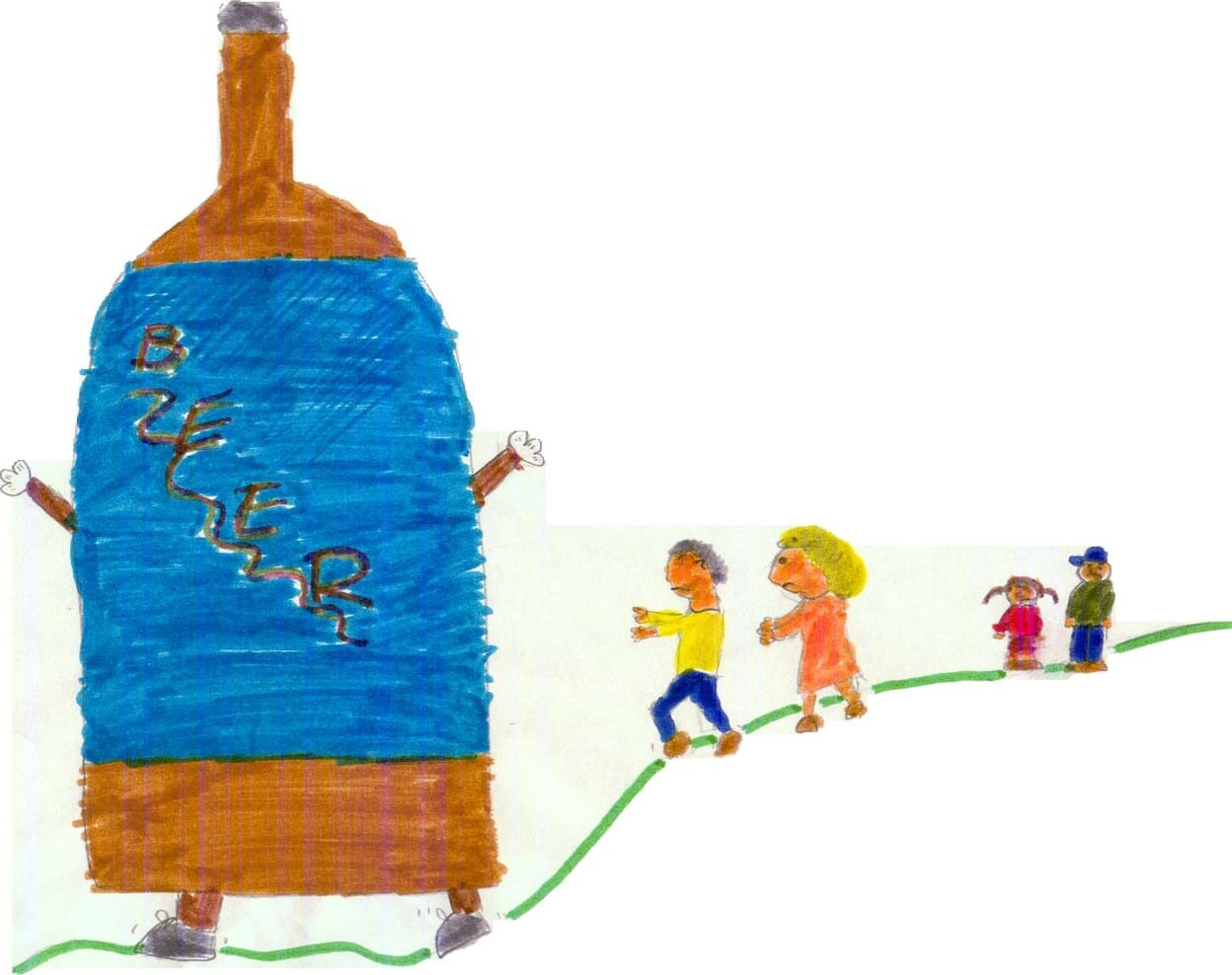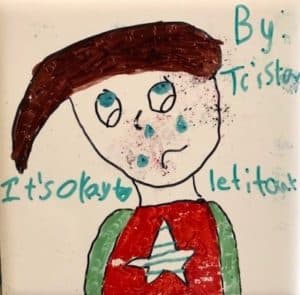 The Council on Recovery is offering Kids Camp at The Council, December 27-29. It’s three days of prevention, education, support, and recovery for children ages 7-12 whose lives are impacted by alcoholism or addiction in their families.
The Council on Recovery is offering Kids Camp at The Council, December 27-29. It’s three days of prevention, education, support, and recovery for children ages 7-12 whose lives are impacted by alcoholism or addiction in their families.
Kids Camp at The Council
Kids Camp is facilitated by skilled mental health counselors from The Council’s Center for Recovering Families. It provides children a safe environment in which they learn to identify and express feelings, develop self-care skills, and deepen communication with their parents. Through art, games, role-play, and other fun activities, kids gain important understanding of the disease of addiction. Above all, they learn that what’s going on at home is not their fault and that they are not alone.
Parents join in
On the final day of Kids Camp, parents or caregivers join children and counselors for a portion of Kids Camp that includes parent education and support. Families come away from Kids Camp with new insights and hope for healing.

Addressing a pressing problem
According to the National Association for Children of Addiction (NACoA), an estimated one in four U.S. children under age 18 is regularly exposed to a family with an alcohol or other drug problem. Studies also indicate that children affected by familial addiction are at increased risk of a range of problems including physical illness, emotional disturbances, and susceptibility to alcoholism or other addictions later in life.
Children of addiction may also be at increased risk for physical and emotional neglect and abuse. These problems often translate into difficulties in school. They result in higher rates of school absenteeism, truancy, and suspension. Unfortunately, children are taught to hide their family problems, to pretend that everything is “normal.” Kids may also have learned that adults cannot be relied upon, and they may not ask for help.

A chance to get help
Kids Camp at The Council provides the chance for children to get the help and guidance they need. At the same time, their families can get the help they need to face the impact of addiction in their homes.
Register for Kids Camp
Open to a limited number of children, Kids Camp at The Council is available to all, regardless of ability to pay. However, it does require registration and assessment prior to enrollment. In addition to the December camp, another Kids Camp at The Council will be held March 14-16, 2019. View the flyer here.
To register or for more information, please contact children@councilonrecovery.org or 281-200-9299.
